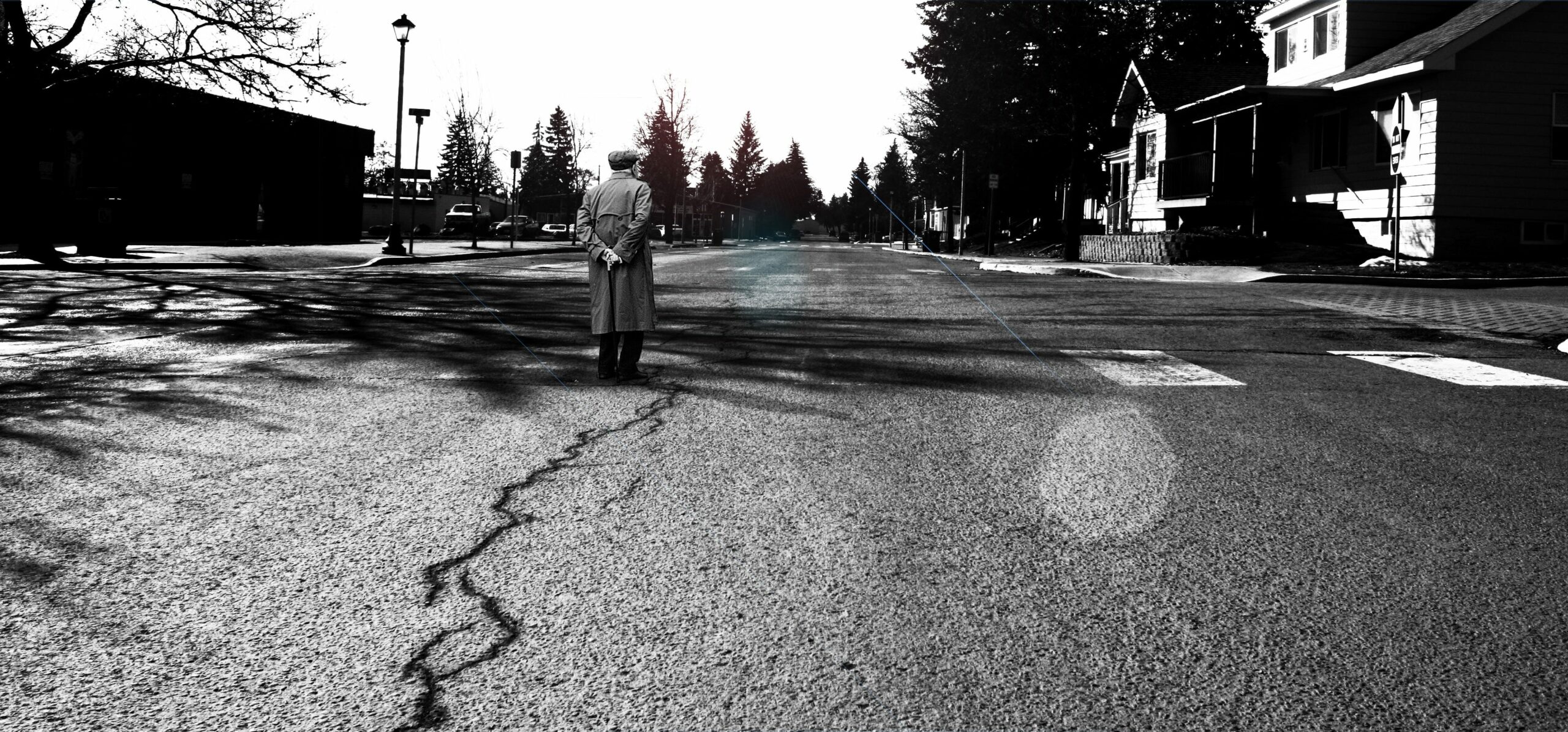Literacy will always have a place
Between the years 550 and 700, something interesting happened. With the fall of Rome, we stopped speaking and using Latin. What’s more, languages shifted and mutated in various parts of the world and by 700 the common person couldn’t speak it, nor did they have anyone in their lives that had any memory of it spoken. It was mostly dead.
Yet – one of the secret societies kept this language flourishing. Schools.1
The knowledge amassed by the Roman Empire was so substantial, that to learn anything of substance, it was written in Latin. Schools really had no choice. And what a better way to keep it than to use it. But, outside their walls, there was no longer any particular use. It was a language for a single purpose – education.
The bonds of language
I doubt anyone can argue against the bonds created through language. They become deep and “societal” in nature.
Those that can speak Dothraki or Klingon; those First Nations that are working to keep their culture alive through language; those that program in C, Ruby, Python, PHP, etc…; those that can sign; those that… well I can keep going on.
I also doubt that anyone in the world is exempt from that “outsider” feeling when you are surrounded by a language you don’t understand. It’s humbling.
There’s a definitive line that’s made through the marriage of skill and culture.
The Academics
Did this Latin-only secret society, more than a millennia ago, help consolidate and foster today’s scientific community?
How language and the written word have built the academic community is an interesting thought. The cornerstone of dialogue is the “publication” of knowledge. The heated debate, arduous experimentation, visionary purpose comes down to the printing press. That’s, however, for later thought.
What I’m thinking of here – is in the language itself. The Latin that still exists, knowing its Latin name/form can define a guild of sorts. No different than knowing what a GIT repository is, or a P-trap, or an Octonion.
However, this isn’t anything new.
Some choose to learn, and some choose not to. But what if no one “cares” to learn anymore?
The Literaty
Perhaps calling them The Literaty is a bit extreme, but I feel appropriate.
Remember that side note from last week? That 15%? That’s important.
As we carry down the path into the postliterate, my belief is we will never become illiterate. We can’t ever go back. There will always be “stop” signs. There will always be light touches of language. Summaries to read: Coles, Cliff, Blinkist.
But the choice to go deeper into the written word, to read the truly complex, or just flat out long books. That’s what forms a new group.
The marriage of skill and culture. Those that choose to create and consume long-form content. The mix of skill and culture.
That 15%. They will walk among us knowing that outside of their walls – no one does it.
Photo by Frantzou Fleurine on Unsplash
Originally posted on Substack
- The other interestingly was the church. But there’s more to the church’s usage, so let’s keep this with schools, shall we? ↩︎
